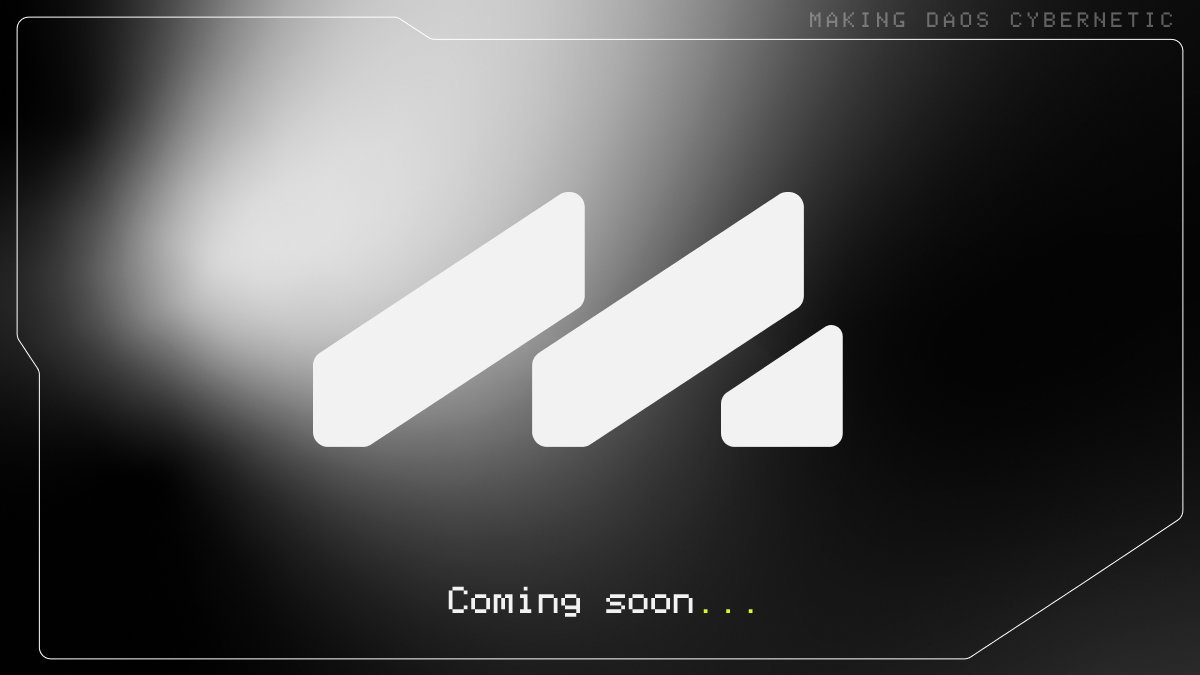Advocates of cryptocurrency once asserted that “code is law.” In the end, the phrase was retired by courts and legal experts. However, there’s still a lot of money to be made from determining how the two interact.

One such attempt is the hybrid legal and technology business MetaLeX, founded by cryptocurrency attorney Gabriel Shapiro, which focuses on the mess that emerges from attempts by crypto initiatives to “decentralise.” Cyber Fund led the $2.75 million seed investment round for MetaLeX. It is currently worth $27.5 million, according to Shapiro.
Numerous cryptocurrency initiatives aim to “decentralise” by granting token holders authority over budgeting and other fundamental functions, in contrast to their “centralised” counterparts in the conventional business sector.
Major DeFi companies like SushiSwap have struggled with this expensive, time-consuming, and failure-prone journey, which frequently leaves the company vulnerable to making rash decisions that go against their own values.
Shapiro enters the fray with his extremely specialised MetaLeX. He characterised it as a “business-to-business, crypto software as a services” company in an interview with CoinDesk, saying that it creates standardised, smart contract-based procedures to enable so-called decentralised autonomous organisations, or DAOs, to operate correctly on-chain.
This novel concept is known as a BORG, or cybernetic organisation, in MetaLeX parlance. Consider it the legal equivalent of a cyborg. The project whitepaper states that they would be regulated by hard-coded regulations that are implemented by smart contracts and integrated into their charters.
According to him, the first offering from MetaLeX would be an operating system that lets DAOs BORGify their governance decision-making procedures by including features for managing grantmaking, emergency shutdowns, and venture investments carried out on the entity’s behalf.
According to Shapiro, crypto projects are contacting MetaLeX OS “every day” to get on the waitlist. Two of these projects are “blue chip” projects; he would not name them other than to state that they are a layer-2 blockchain and a “traditional DeFi DAO.”
‘Totally BORGify’

Not every cryptocurrency project lends itself to being readily BORGified. Pre-token initiatives are easier to deal with than those that have already introduced tokens and DAO governance procedures, according to Shapiro.
In and of itself, MetaLeX is neither a DAO, BORG, or anything else particularly crypto-native. It’s a catch-all name for a Texas limited liability partnership and a Delaware corporation (the tech business). According to Shapiro, clients could utilize one or both.
Should MetaLeX develop into a legal system requiring customer governance, it may eventually issue its own token, according to Shapiro.



